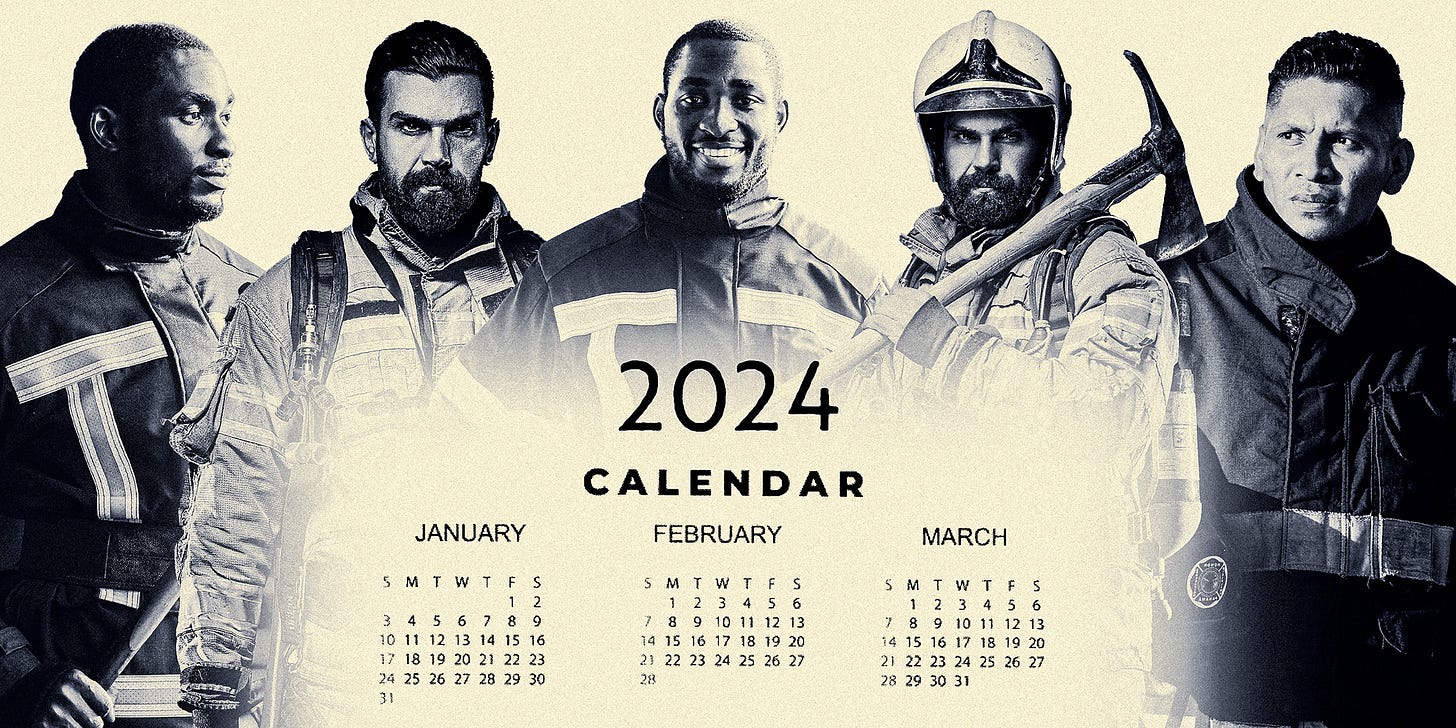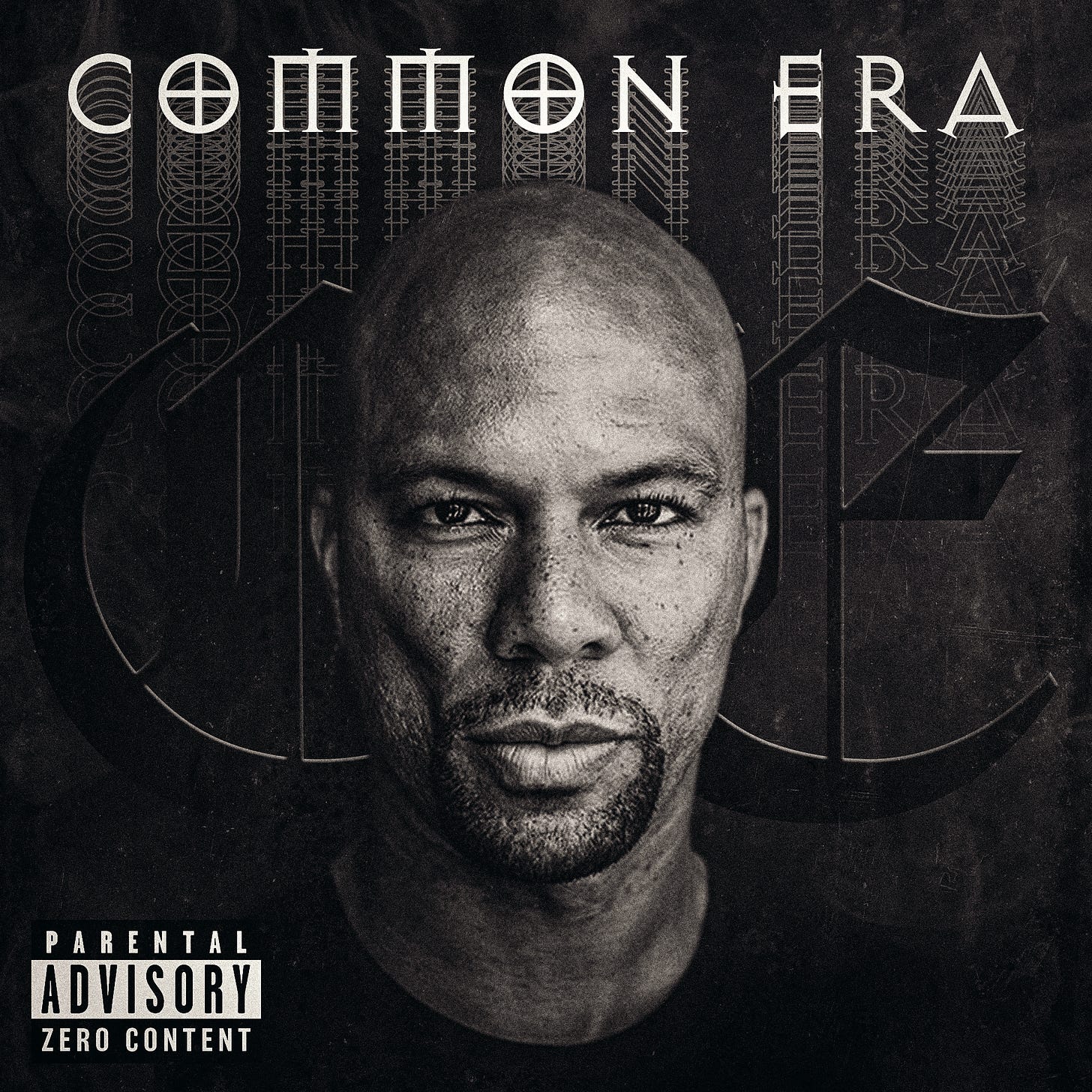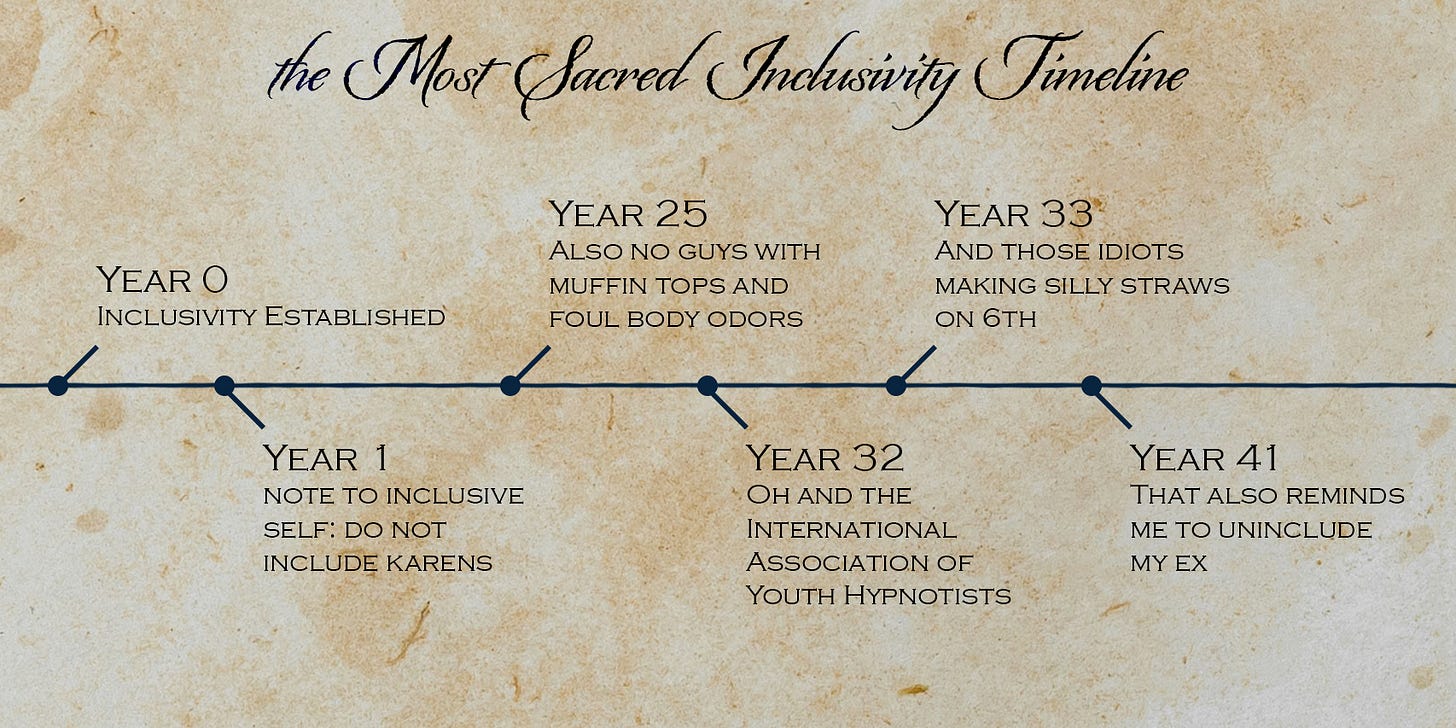What is time? It’s weird, right?
If you think of time you inevitably start to think of aging and movement, a passing, a thing that is going “forward” and something that catches up. Most of us think of time this way. If you’re a student of history, time and the notion of a timeline go together. This Substack article is about the way people and cultures understand themselves in time, and the crisis of meaning in which we people of the “common era” find ourselves.
The word calendar, which connotes the keeping of time, comes from the Latin calare. Calare means to proclaim, and the connection of the calendar to a proclamation comes from before the reign of Julius Caesar. In those days, a pagan priest of the temple would come to the court and say aloud, “The moon is full, I proclaim the new moon.” In this way the new month began and time was made manifest.
In China, yin and yang are the very essence of things lunar and things solar. The Chinese calendar integrates these two and is referred to as the yin-yang li.
Time, in a profound way, is made up of dark things, of light things, of winter, and of spring. Time is an icon and outcome of a deeper reality. There is no time if there is no death.
Time is a hard concept for us Light People, and yet, like death, there is a universal intuition about time. It binds us somehow. The simple notion of time as a cycle, as a bound dyad, demonstrates a unity in us humans. But what about time and knowledge of self? How should we understand ourselves in time, as a people, on a timeline, in the big cosmic picture that Mayans of Central America call the Long Count? Can knowing where we are in time teach us about our existence?
To answer this I think we need to investigate the idea of the zero. It turns out that zero matters a hundred percent. The place you start counting from counts. The zero divides and marks edges. It offers a mystery, and the mystery invites meaning. Zero denotes a threshold. A timeline without a zero is all how and no why. But don’t take my word for it. Let’s look at the zero in history and see if this can make more sense.
The ancient Greek philosophers, most of them anyway, did not invest much in the concept of zero. They didn’t really have a zero because they couldn’t make sense of the notion that nothing is something. The idea did not captivate the ancient rationalists. But other cultures did use the zero.
By around 1700 BC the Egyptians had a symbol for zero in their ritual texts. That symbol meant “the beautiful”. Babylonian mathematics had a sophisticated notion of zero as beyond value. It was marked by an intentional space which denoted transcendence. The Chinese, some three thousand years ago, used the empty circle to represent the word cosmos or star. Sometimes the elders of dynastic ceremonies translated the empty circle as “full stop”. Zero was a dividing line. Ptolemy, one of the world’s first astronomers, used the zero to describe the moments of first and last contact during solar and lunar eclipses. Time stood still when the sun or moon was blocked out.
If you look at all of these examples (and many more like them), the zero is the place in which dwells the inexplicable. It is a punctuated point reminding us that here stands mystery. It is the barely embodied void where words become useless. Boiled all the way down, zero is a synonym for holy. Zero is both beginning and end, together in one. Alpha and Omega.
So here’s a thing you probably weren’t taught in high school: When you look at a timeline, and that timeline has a zero or a threshold, you are looking at a sacred space for whomever created that timeline.
In this way, the zero is the organizing cultural reality. The zero tells us who we are. Every Old World culture has one.
According to the Hebrew calendar, year zero was the mystical moment during which creation burst forth. And how long ago was that? Five thousand seven hundred and eighty-four years ago, according to the Jewish philosopher Maimonides. And when did he conjure up that holy zero and create this Jewish timeline? About eight hundred years ago to be inexact, almost five thousand years after the first act of God’s creation. In India, Hindus have had innumerable calendar zeros, but in 1957 a national group of Light People astronomer-types held a burly Calendar Reform Symposium that aimed at uniting modern India under one zero. They used the Gregorian calendar, the one we all use in America today, to create their zero. But most Hindus just wouldn’t listen. One group in southern India marks zero by recalling King Vikram’s victory over the evil Sakas, an ethnic rival who had defeated his father in the previous generation. Year zero for these Vikramites? Two thousand eighty-one years ago. What about the Mayans of what we today call Central America? Today is 1,875,961 days since the creation of humans. Their zero is the creation of the first humans. It’s complicated, but Mayans believe humanity has come and gone, we die out and are born again, and we do this in cycles. Currently, we are in the third cycle. In that way, there have been three zeros on the Mayan timeline. In Ethiopian Ge’ez (a liturgical language) the zero symbol marks the year AD 311, the first time Christian Pascha was celebrated legally worldwide. Pascha is the zero for Ethiopian Christians. The Islamic calendar is a purely lunar calendar, all yin, no yang. The Islamic zero marks the year Muhammad and his followers were saved from destruction when they made a holy trip from Mecca to Medina. This event, known as the Hijra, is when time stood still for the followers of Muhammed. If you’re Muslim, you live 1,445 years AH (After Hijri).
But what about Light People? Moderns? The enlightened scientists?
Well. It’s like this: Light People have no zero.
And it’s killing all of us.
Let’s do the easy stuff first. We are living in the year 2,024. I think. If you are prone to writing the letters AD after the numbers 2024, you likely have a mystical zero bounding around somewhere in your mind. By using the AD, the Latin term Anno Domini, you are placing yourself in the year of our Lord. That Lord is generally known to moderns as Jesus Christ. If you use AD you have decided to mark your mystical zero. You’re a Jesus person.
And a dinosaur.
Enter, stage right, the lovely Light People terms BCE and CE. Modern people who love science and mathematical accuracy have created a timeline that uses the words Before Common Era (BCE) and Common Era (CE). Light People use these terms in schools and hospitals, flower shops and courtrooms and every spot you’ve ever considered public. Truth is, they are doing this in every spot you’ve ever considered, period. Light People love BCE and CE on timelines. But why?
In history, you first see this calendar invention around the time you see a shift from the Old World to the New. From Dark People to Light People. From Dark Ages to the Enlightenment. The first use of Common Era appears in German in the 1600s. It first appears in English in the early 1700s. One of many explanations for this change can be found on a Light People website called Ancient History Encyclopedia. There it states that,
Dionysius [Exiguus] had no understanding of the concept of zero and neither did Bede. The usage [of the modern BCE/CE timeline] started when people began to question received knowledge and form their own educated opinions about how the world worked and what constituted reliable sources… Christian theology took for granted that someone (Dionysius) actually knew the birth date of Jesus of Nazareth. In order to date a present event from a past event one must know when that past event occurred… Dating events from an uncertain point is inaccurate because one is making an untrue statement based on a false assumption. The calendar they dated events from, therefore, is inaccurate.
By inaccurate here, the science people mean this: Bede and Dionysius and others didn’t count for the zero, and loved Jesus too much. They were sloppy counters and therefore the sun up to sun down count was bound to be way off. And that’s true. As a math exercise, these Dark Age people created a mess. Their calendar created remainders, things leftover. These calendar Christians were irrational.
But contrary to the Light People narrative, these backward Christians knew all about the zero. They knew how sloppy they were, and they knew they had leftovers. But guess what? They didn’t care. They had their zero and their zero wasn’t just accurate, it was life. The zero failed the math test but passed the truth test.
And still the question persists.
What is the Light Person zero on the new and improved Light Person calendar? When does time stand still for math-loving moderns?
From the Wikipedia interwebs we find this:
The basic format for year 0 is the four-digit form 0000, which equals the historical year 1 BCE. Several expanded formats are possible: −0000 and +0000, as well as five- and six-digit versions. Earlier years are also negative four-, five- or six-digit years, which have an absolute value one less than the equivalent BC year, hence -0001 = 2 BCE.
Um…
(Note: I wish with all my heart to never read the above paragraph again. Ever.)
It turns out that historical year 1 CE is simply historical year 1 AD. Light People call the threshold from old to new, from before to after, exactly what a Jesus person calls it. Year One. So the threshold previously called The Year of Our Lord for Jesus’ people, is also the threshold for people who know themselves as Common. Light People have borrowed the Jesus people threshold and call everything that follows The Common Era. And this, if you have just a scintilla of historical curiosity in your mammalian brain, begs another question:
What the f#@k is the Common Era?
Common how? Commonly happy? Commonly depressed? Do I live in an era unlike the previous era when things were, um, less common? Do we live in the year of Common, the Rapper? Could this attempt at creating a smarter calendar be any more moronic? This is a zombie calendar dammit! This timeline is inheriting the body of a dead Jesus! I smell a body snatcher! Talk about cultural appropriation.
The Light People get all the orbits of the planets right, but their line of time has no meaning. The moon and sun just come up and go down. Dark then light, then dark, light again, and then eventually just dark. Light People adopted accuracy (or so I’m told), and murdered meaning. Light People have created a timeline virus that infects the why, and then let the virus loose to roam the halls of every public institution. It’s a calendemic!
Listen again to the Light People historians on Ancient History Encyclopedia:
Aside from being more accurate, BCE/CE is inclusive. The use of BC/AD relegates every event prior to, and since, the birth of Jesus of Nazareth subordinate to the Christian understanding of who he was. For Christians, Jesus is the Christ, the anointed of God, the Messiah. The calendar “counts down” to the birth of Jesus and then proceeds to count away from it. To a Christian, this may seem like simple common sense and the way the world works but not so to someone outside of that tradition. People of different cultures and belief systems should be able to access and discuss history without having to date it according to the Christian belief in Jesus as the son of God and the Messiah.
Thanks Ancient History Encyclopedia pals. You haven’t given us your zero yet, but you sure did tell us a lot about inclusivity. Which, when you think about it, is the Light People zero these days. It’s just that no one knows how to put it on a timeline. And maybe that’s the point. For a culture without a zero, asserting truth is a blistering rebellion. It demands a willingness to die for something, which of course, demands a reality beyond this one. It may be that Light People culture can create such a world, but for the last 400 years they’ve been borrowing from the dregs of a dying Protestantism that can no longer shoulder the burden.
Zombie Jesus is about to crumble (or whatever zombies do). So for now, we wait for a modern unicorn of meaning to appear while milling about the empty mall of cultural collapse. Maybe a good thing is to decide for yourself your very own sacred zero. Create a timeline that means something to you. It sounds lame, I know, but it’s a starting point. It could be your own birthday, but your timeline would be very short, and likely very dull. And kind of narcissistic. Maybe take a Sharpie to all of your kids’ history books, marking out CE and filling in AD? That’s lame too. Maybe the best thing we can do is befriend a stranger, and together wonder aloud about the zero. Get a drink and start a conversation that leads to a world where the sacred is membered again. I don’t know. It’s complicated.
One thing is for sure. The current Light People calendar is killing us. The future depends on a zero.








Without a beginning/ending that ties into meaning CE/BCE might as well be baseline chaotic entropy/ convoluted emptiness.
Wonderful. I have often wondered if Jesus was born on December 25th, was that year 0 or year 1? Might he actually have been born in 1BC? Or was the whole year before he was born 1AD?
Anyway, I feel there is a fundamental flaw with our linear concept of time, which you so beautifully describe here. We need to rediscover the light/dark yin/yang sense, and understand that each return is 'to arrive where we started And know the place for the first time', as Eliot said. Not so much circular as spiral, as Iain McGilchrist suggests.